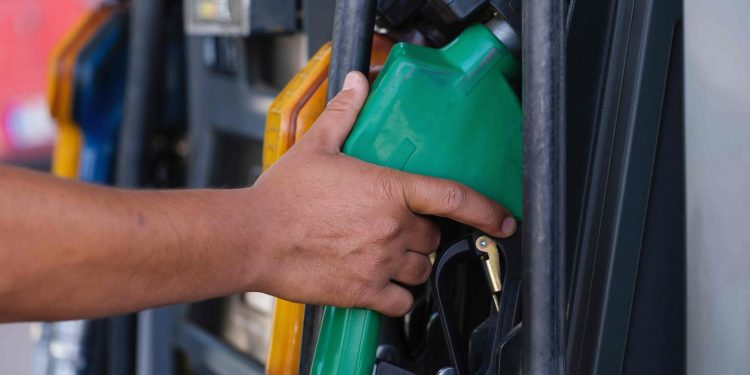Government introducing measures to combat high fuel prices
Words: Harrison Wade
Today, the New Zealand Government has announced it will be introducing a suite of initiatives to combat high fuel prices amid the cost of living crisis.
Energy and Resources Minister Megan Woods outlined three measures including making the country’s fuel supply more resilient, delaying plans to introduce biofuels, and giving the Commerce Commission more control over fuel prices if they get too high.
Bolstering our fuel supply
To increase supply resilience, the fuel sector will now be obligated to keep 28 days’ worth of petrol, 24 days’ worth of jet fuel, and 21 days’ worth of diesel on our shores.
The Government also plans to procure at least 70 million litres worth of on shore storage for reserve diesel stocks, providing around a weeks’ worth of cover.
Biofuel introduction pushed back
Under the Sustainable Biofuels Obligation, fuel wholesalers are required to introduce biofuels into their supply.
The start date for this was set for next year but has now been pushed back to 1 April 2024, allowing the fuel sector more time to prepare for the change.
More Commerce Commission price control
Currently, petrol and diesel is sold to retail fuel stations like BP and Z from storage terminals at a wholesale spot price.
The terminal gate pricing scheme, brought about by the Fuel Industry Act 2020, requires wholesale suppliers to post a daily spot price for fuel. This creates price transparency and promotes market competitiveness.
However, the Commerce Commission can now regulate prices of one or more wholesale suppliers if excessive terminal gate prices are found to be offered. It is expected to come into effect in mid-2023.
“This suite of measures strengthens our fuel system to make it more secure, sustainable and affordable for all New Zealanders,” Woods said.





